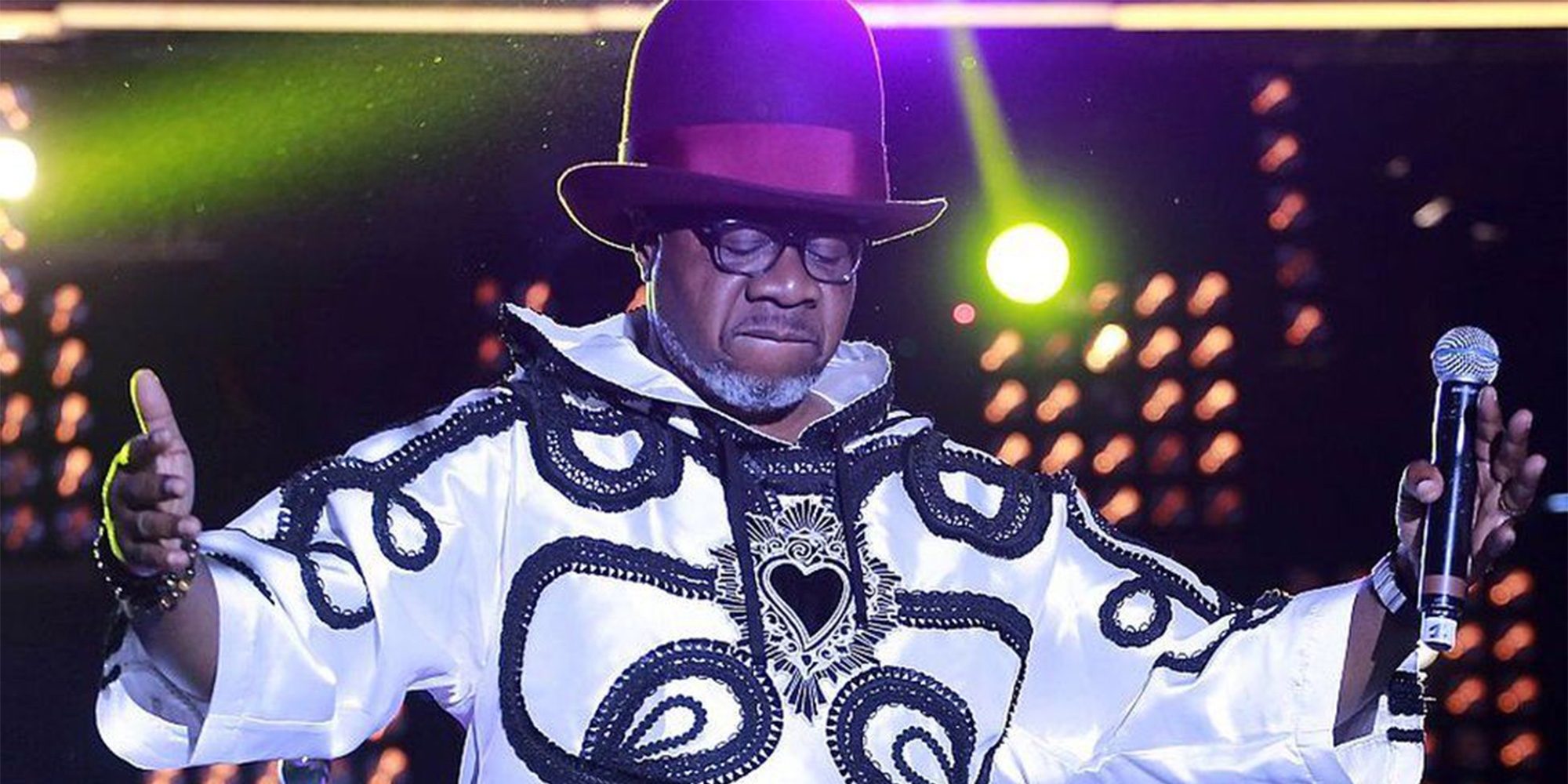Afropop Classic April 13, 2023
Remembering Papa Wemba
This program explores the life and music of Congolese superstar Papa Wemba.
Papa Wemba, one of the greatest singers of the past African century, died on stage in 2016 at age 66. But his body of work, both in advancing Congolese rumba and innovating new African pop sounds, as well as influencing style, fashion and music production, is immense. In this episode we look back on an iconic career, drawing on some 20 years of interviews with the artist, and insights from Congolese music aficionado and African Art Historian Lubangi Muniania. Produced by Banning Eyre.
You can also watch a visual version of this program:
Related Audio Programs
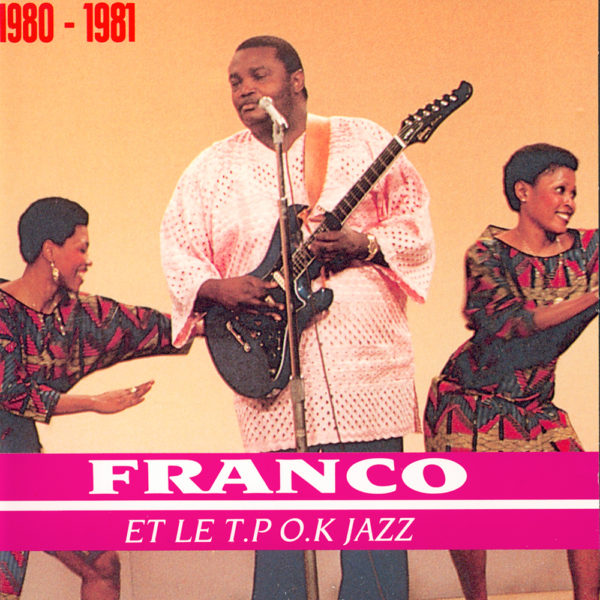
Afropop Classic August 17, 2023
A tour through the early stages of Congolese music.
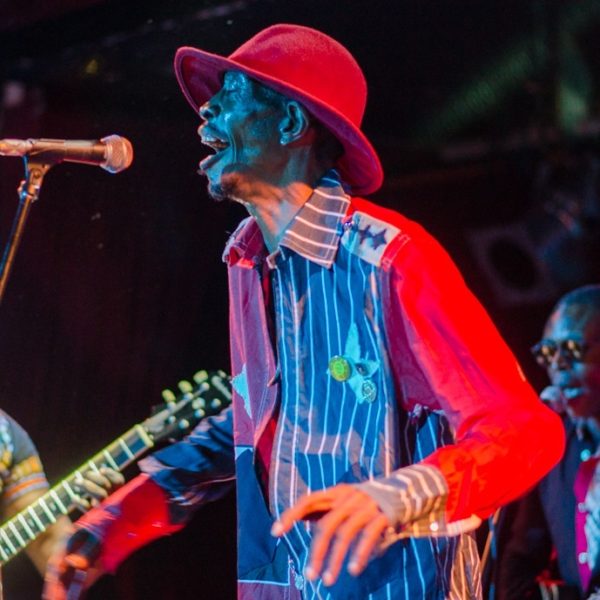
Afropop Classic September 7, 2023
This program surveys the state of Congolese music in 2018.
Related Articles
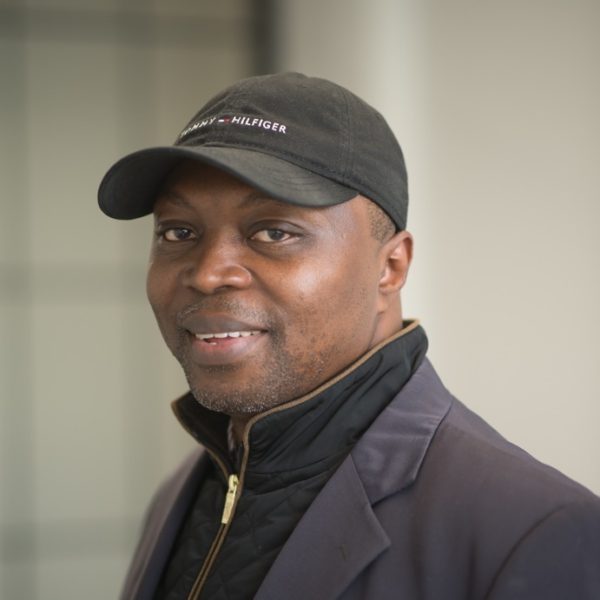
Interview October 21, 2022
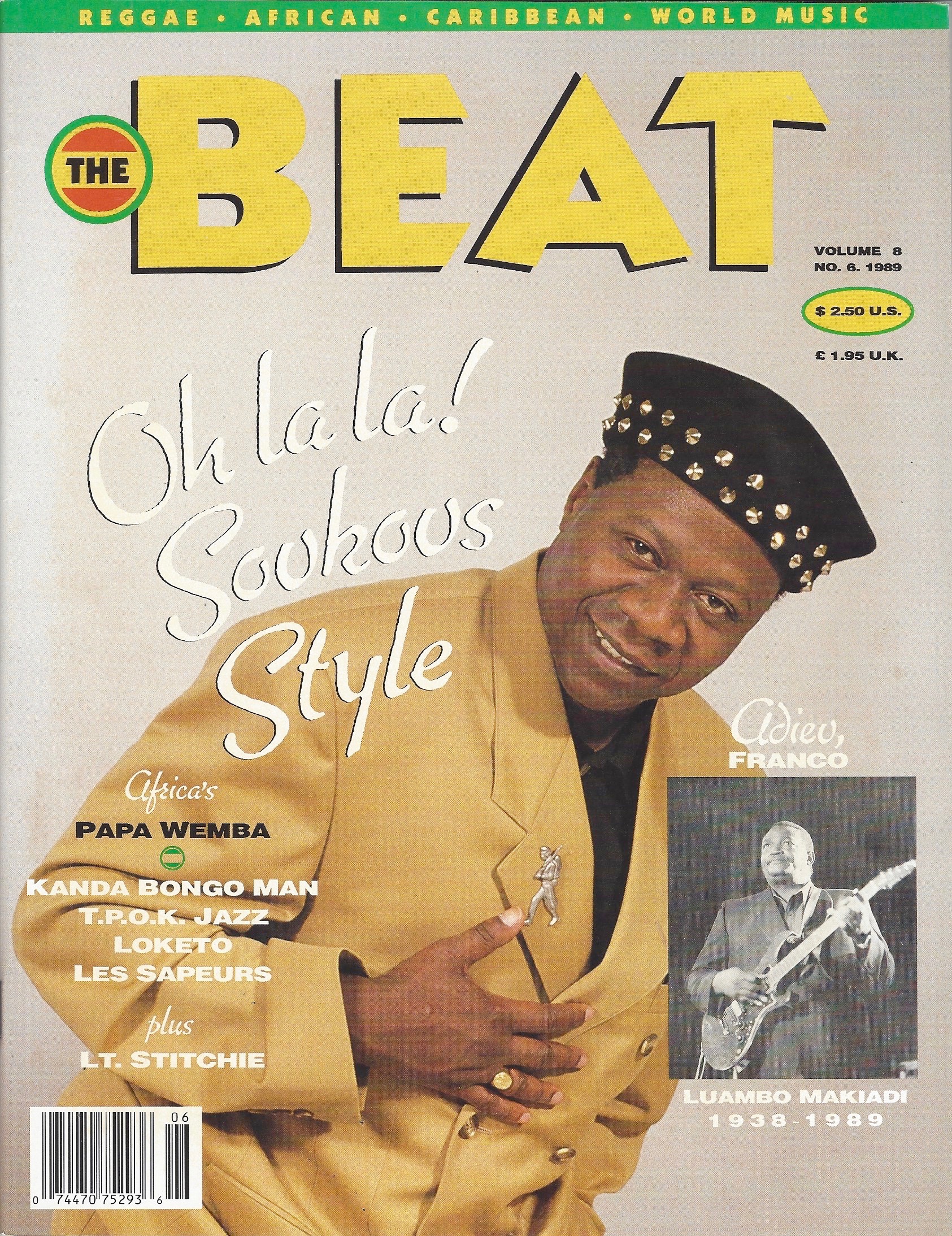
Best of The Beat April 25, 2016
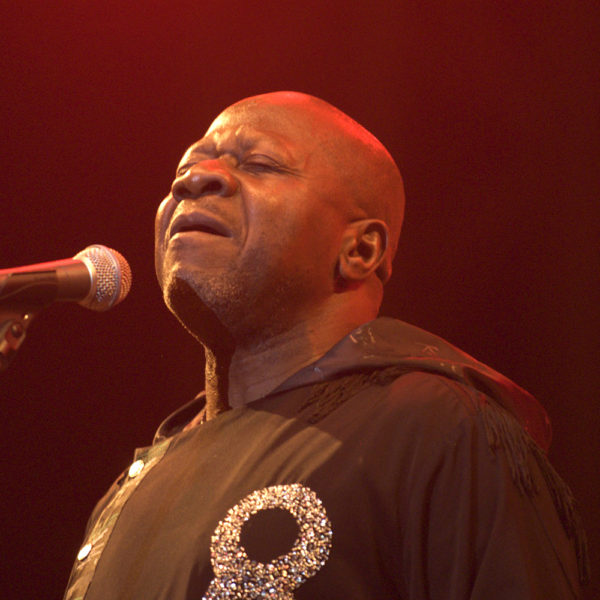
Blog April 24, 2016
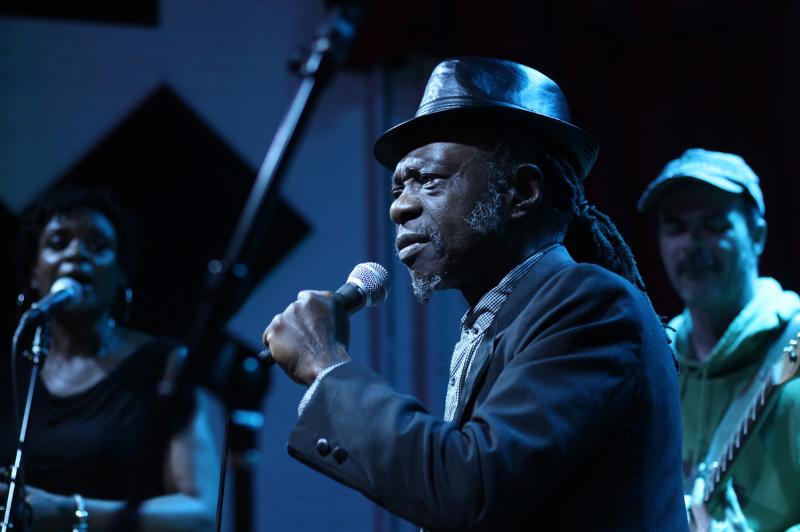
Blog May 4, 2016
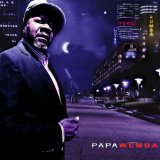
Reviews March 6, 2011








